Research
-
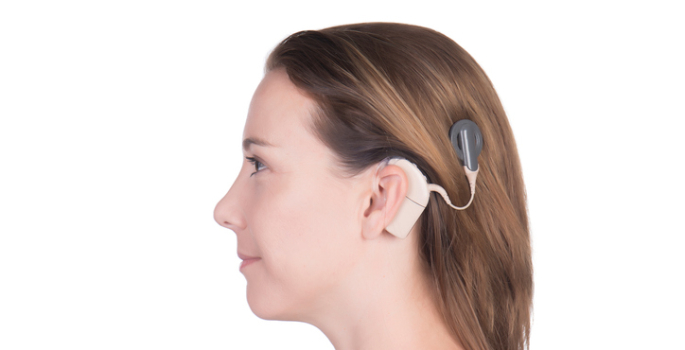
Team to create customizable cochlear implant programming
A team of Vanderbilt University and Vanderbilt University Medical Center researchers has received a $3.1 million National Institutes of Health (NIH) grant to develop advanced, patient-specific cochlear implant stimulation models for customized implant programming. Read MoreAug 6, 2020
-
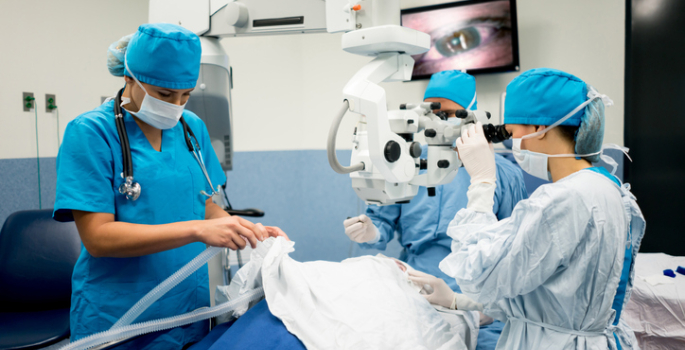
Vanderbilt researchers receive $1.4 million grant to improve outcomes after macular hole repair
Researchers from Vanderbilt University and Vanderbilt University Medical Center have received a $1.4 million grant from the National Eye Institute at the National Institute of Health to identify surgical techniques that improve vision after macular hole repair. Read MoreAug 6, 2020
-

Pseudoislet system expected to advance pancreas and diabetes research
The multicellular, 3-D structure of human pancreatic islets — the areas of the pancreas containing hormone-producing or endocrine cells — has presented challenges to researchers as they study and manipulate these cells’ function, but Vanderbilt University Medical Center researchers have now developed a pseudoislet system that allows for much easier study of islet function. Read MoreJul 30, 2020
-
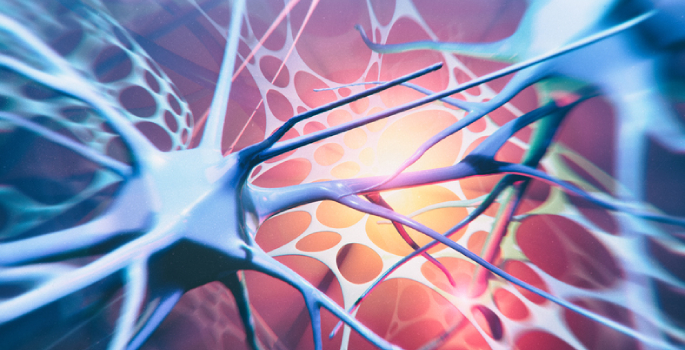
Protein study may be key to treating fibrotic diseases
A protein linked to amyotrophic lateral sclerosis (ALS), a progressive neurological disease that causes muscle weakness, may be a key to treating fibrotic disease of the kidneys and other organs, researchers at Vanderbilt University Medical Center reported recently. Read MoreJul 30, 2020
-
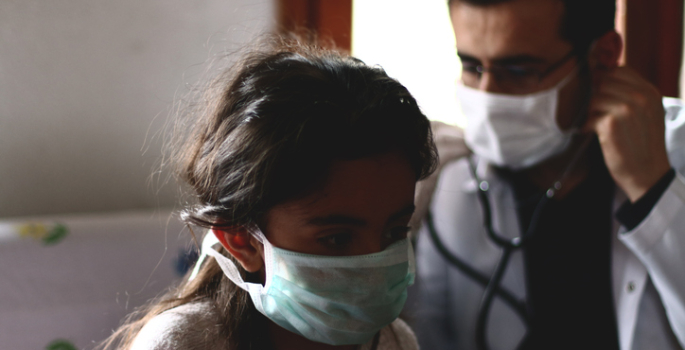
Post-transplant complication
Vanderbilt researchers conducted the largest analysis to date of a heart complication in children following stem cell transplant. The findings may help guide screening practices to improve outcomes. Read MoreJul 28, 2020
-

Soy food, metabolism and the microbiome
Consumption of soy foods may shape the microbiome and protect against hypertension only in individuals with soy-responsive microbiota, Vanderbilt researchers have discovered. Read MoreJul 27, 2020
-
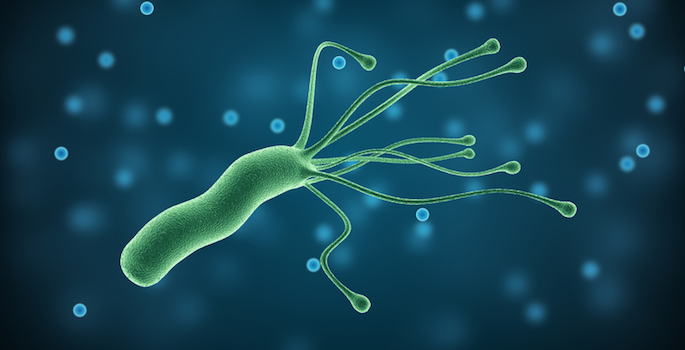
Stomach bug hit-and-run
The H. pylori machinery that “injects” an oncoprotein into stomach cells contributes to the development of gastric cancer, Vanderbilt researchers demonstrate. Read MoreJul 23, 2020
-

VUMC’s program to repurpose drugs lands international acclaim
Vanderbilt University Medical Center is attracting international attention for its proposal to repurpose existing drugs for new uses in ways that can dramatically improve access to medicines by billions of people throughout the world. Read MoreJul 23, 2020
-
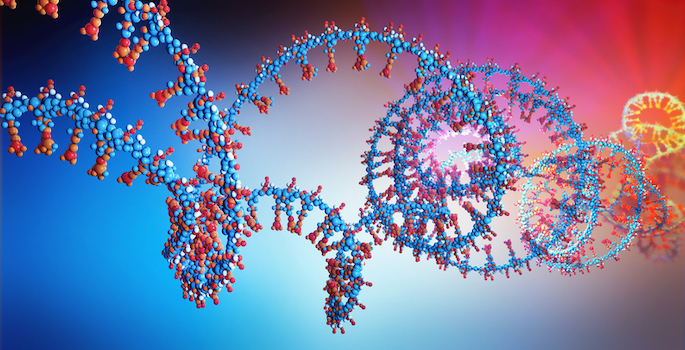
Cellular antiviral defenses
A cellular RNA quality control mechanism was known to restrict replication of RNA viruses. Vanderbilt researchers have discovered it is also antiviral against DNA viruses. Read MoreJul 23, 2020
-

Amidon named 2020 Vanderbilt Prize Student Scholar
Katherine Amidon, a PhD student in the Department of Biological Sciences at Vanderbilt University, has been selected as the 2020 Vanderbilt Prize Student Scholar. Read MoreJul 22, 2020
-
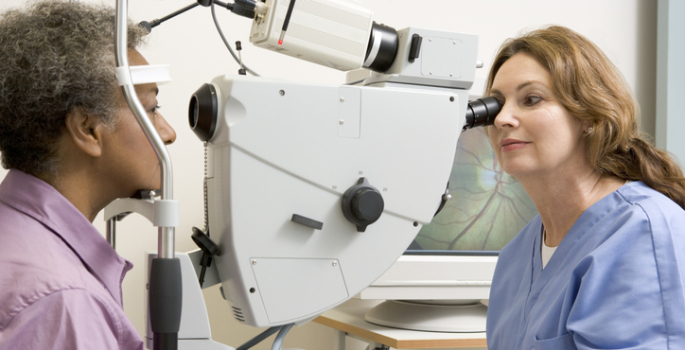
Study points to potential new approach to treating neurodegenerative diseases like glaucoma and Alzheimer’s disease
Researchers at Vanderbilt University Medical Center have shown for the first time that when one optic nerve in the eye is damaged, as in glaucoma, the opposite optic nerve comes to the rescue by sharing its metabolic energy. Read MoreJul 20, 2020
-

4D printed thermite could make welding in space and combat zones easier, safer
A recent mechanical engineering doctoral graduate has created a material for welding in extreme conditions that could minimize equipment needed and operator hazards. Read MoreJul 20, 2020
-
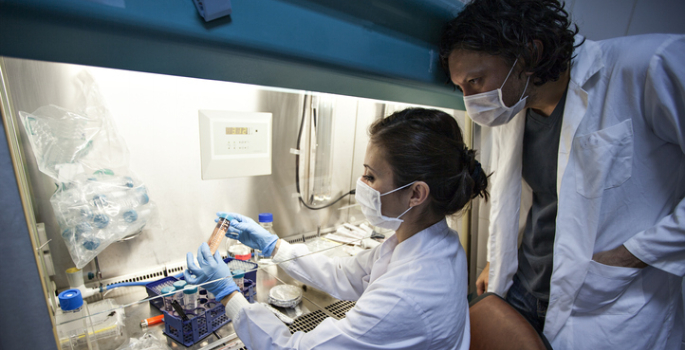
BME junior selected for inaugural NIH program to pursue biomedical graduate degree
Lucy Britto is one of six Vanderbilt undergraduates selected as a MARC scholar in the inaugural 2020 cohort of an innovative National Institutes of Health program. Read MoreJul 15, 2020
-
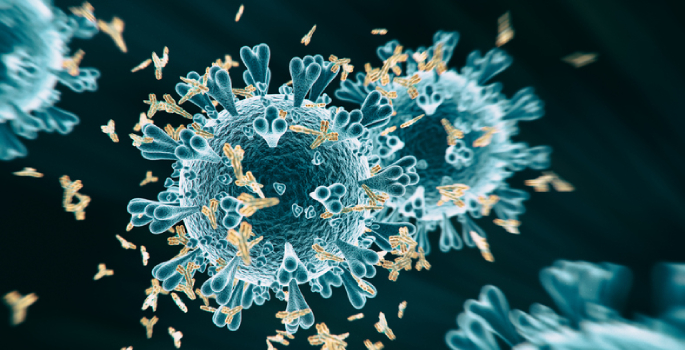
Antibody research at Vanderbilt University Medical Center shows promise in fight against COVID-19
Based on positive results in preclinical studies reported today, potently neutralizing antibodies identified by researchers at Vanderbilt University Medical Center are showing promise as a potential therapy for preventing and treating COVID-19. Read MoreJul 15, 2020
-
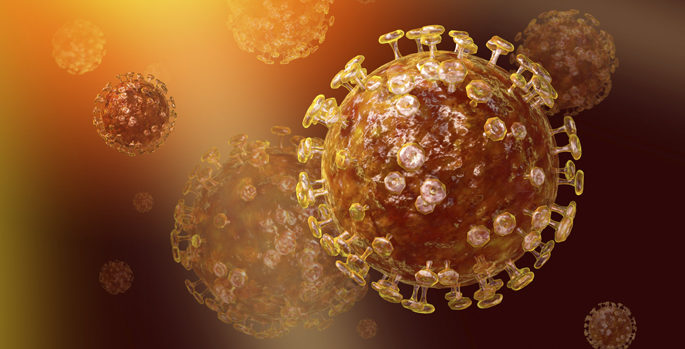
VUMC studies provide key positive results for COVID-19 vaccine in early-stage clinical trial
An experimental coronavirus vaccine stimulated robust immune responses against SARS-CoV-2, the virus that causes COVID-19, and raised no serious safety concerns in an early-stage clinical trial. Read MoreJul 14, 2020
-
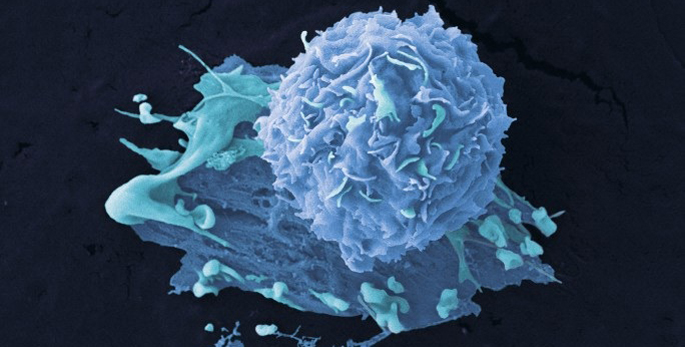
Vanderbilt bioengineer’s trailblazing cancer research receives $1M W. M. Keck Foundation grant
A bold engineering approach by a Vanderbilt University researcher to sort breast cancer cells based on their behavior first has produced compelling data that show less migratory cells create more metastases, contradicting the prevailing hypothesis on how cancer spreads. Read MoreJul 14, 2020
-
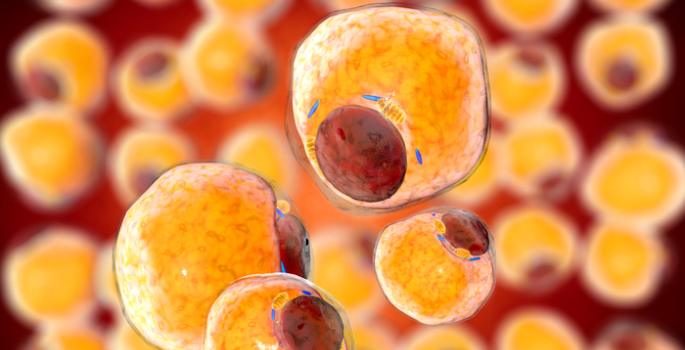
New tools to study bioactive lipids
Vanderbilt researchers have identified and characterized inhibitors of an enzyme that synthesizes lipid signaling molecules with roles in energy balance, inflammation and addiction. Read MoreJul 14, 2020
-

PhD student illuminates science one T-shirt at a time
Necessity as much as aesthetics drove Wilson Adams' interest in graphic design. Read MoreJul 13, 2020
-

“Nur” target may aid arthritis treatment
Vanderbilt immunologists have discovered that the protein Nur77 is part of a control mechanism that guards against autoimmunity in natural killer T cells. Read MoreJul 13, 2020
-
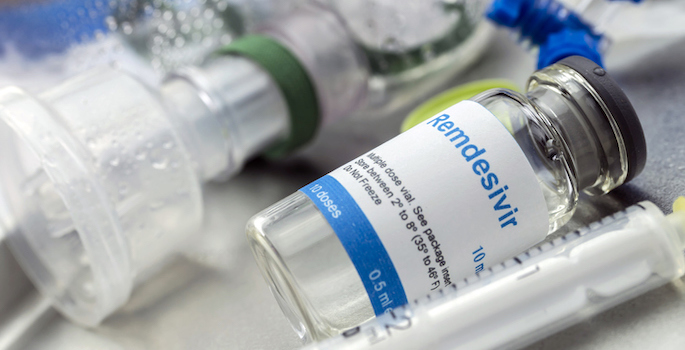
New study supports remdesivir as COVID-19 treatment
This week researchers at Vanderbilt University Medical Center (VUMC), the University of North Carolina at Chapel Hill and Gilead Sciences reported that remdesivir potently inhibited SARS-CoV-2, the virus which causes COVID-19, in human lung cell cultures and that it improved lung function in mice infected with the virus. Read MoreJul 9, 2020